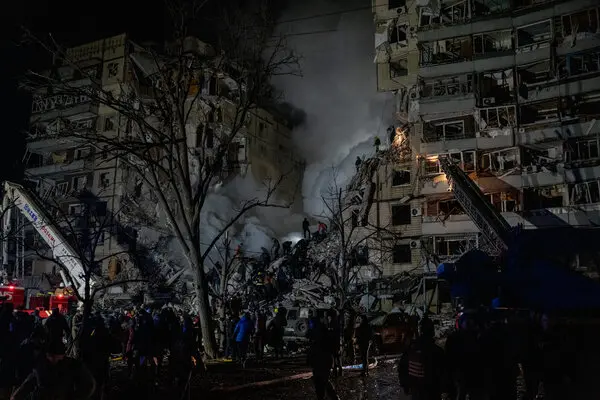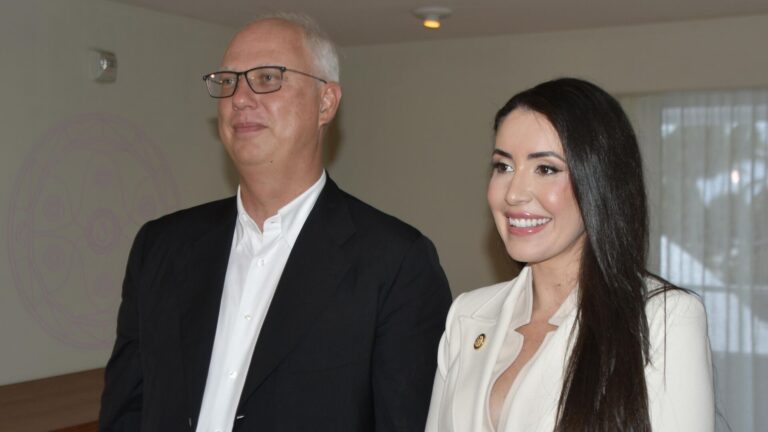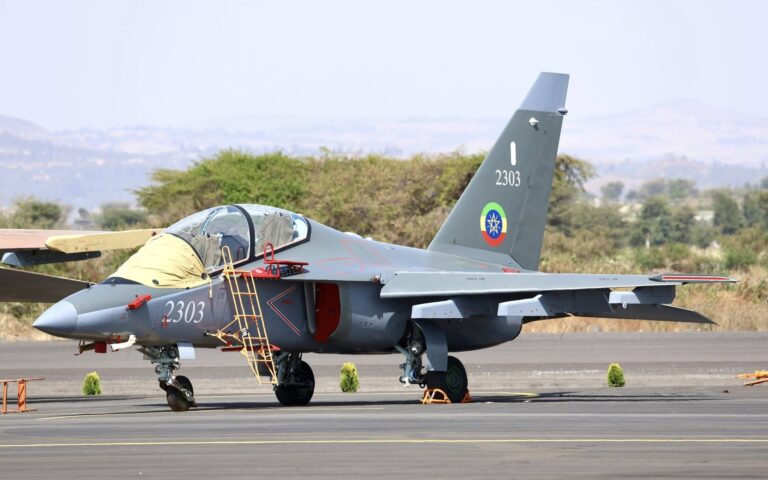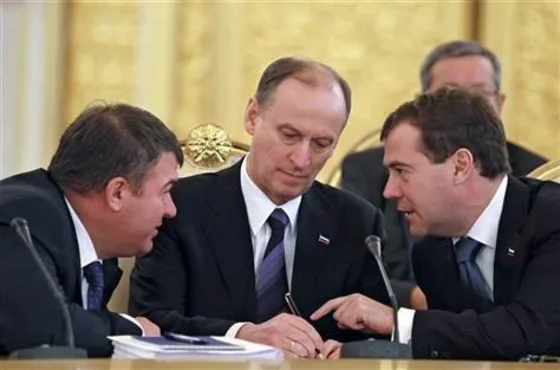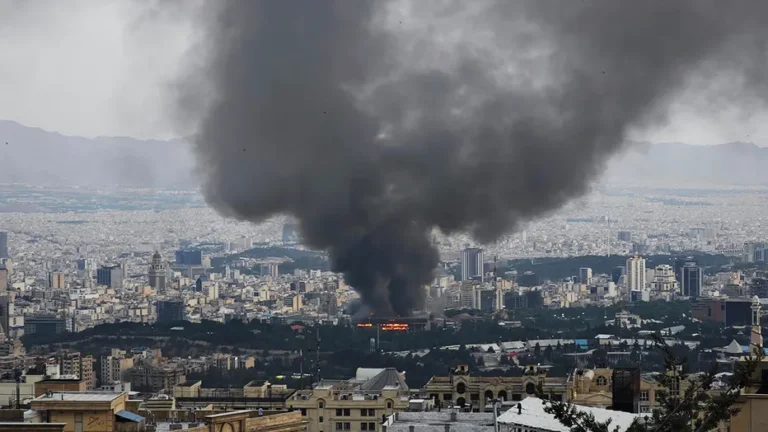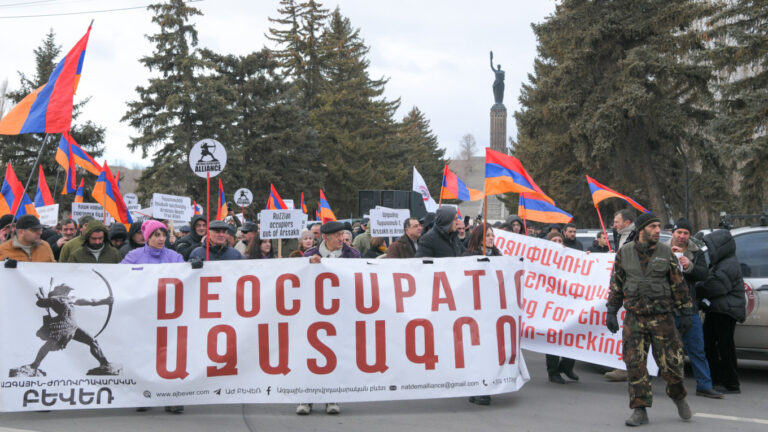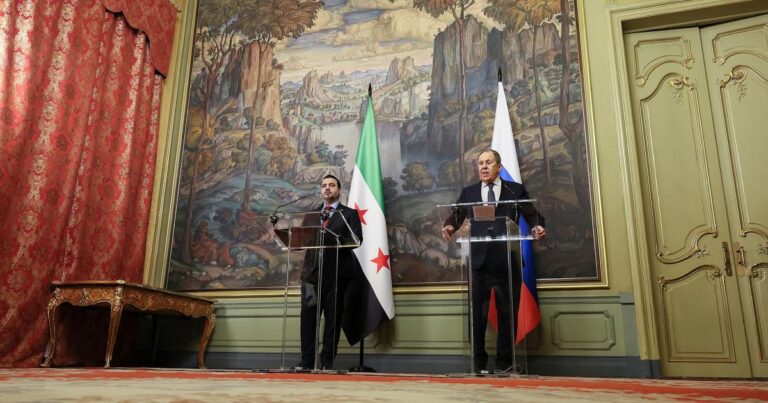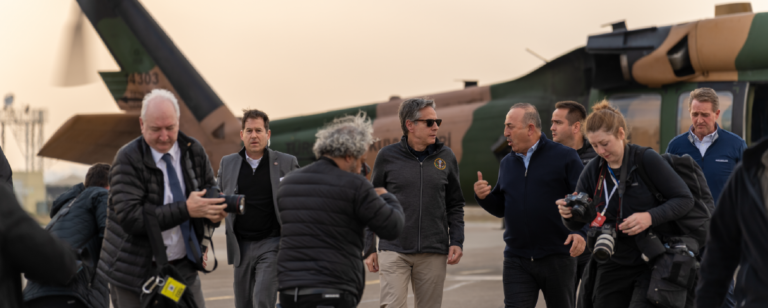Posted inConflict War crimes Warfare
Whitewashing Aggression Through ‘Peace Talks’: Why Moscow Struck on the Coldest Night
On the night of 03 February 2026, Russia carried out a combined air attack against Ukraine. In total, Russian forces employed 450 strike UAVs, 4 3M22 Zircon anti-ship missiles, 32 Iskander-M / S-400 ballistic missiles, 7 Kh-22 /…


